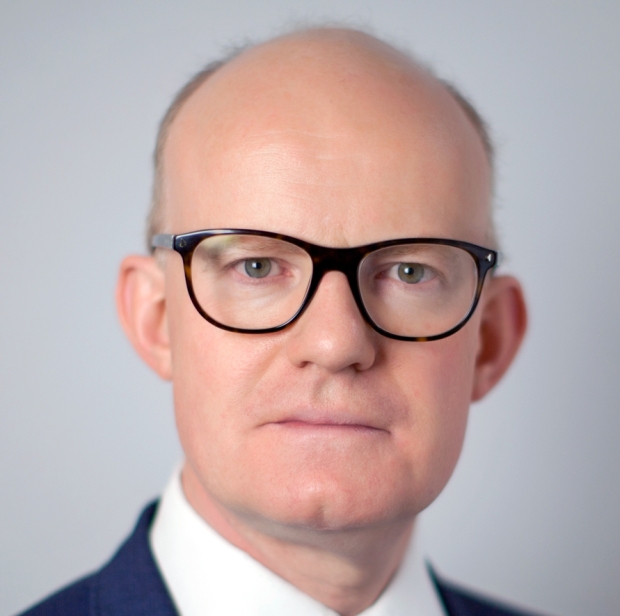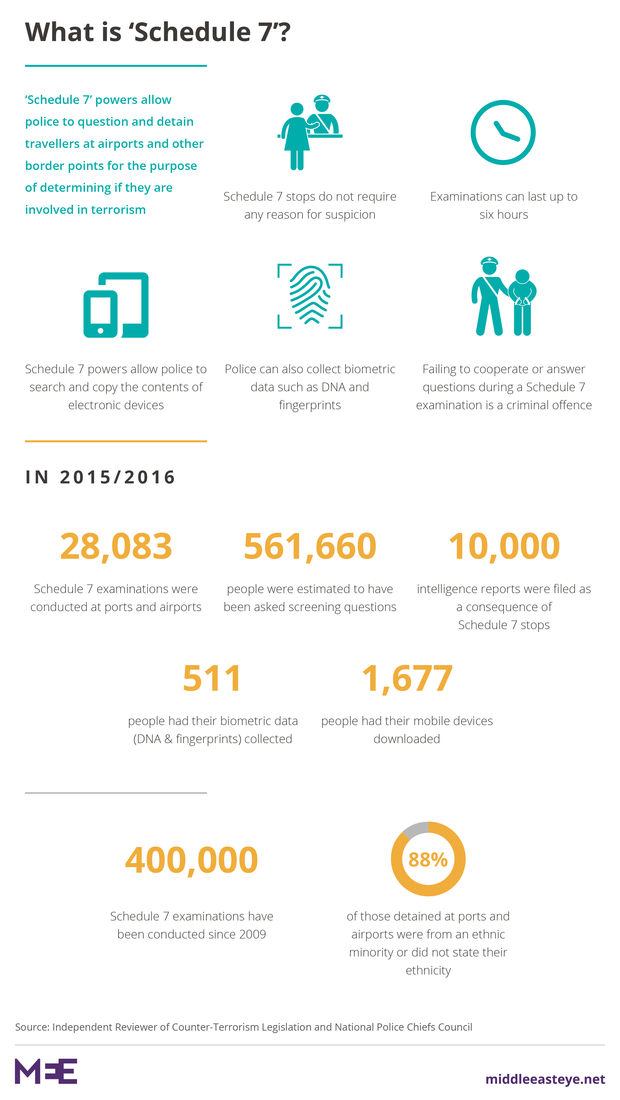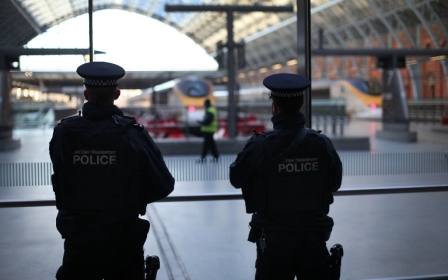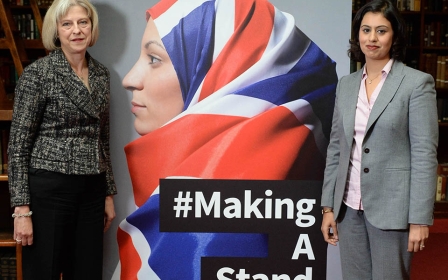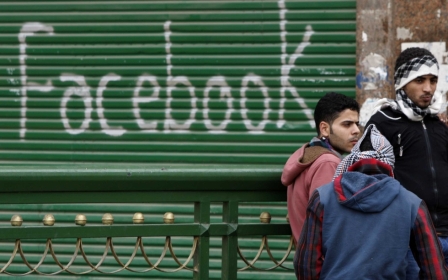Policing internet may do more harm than good, says UK terrorism watchdog
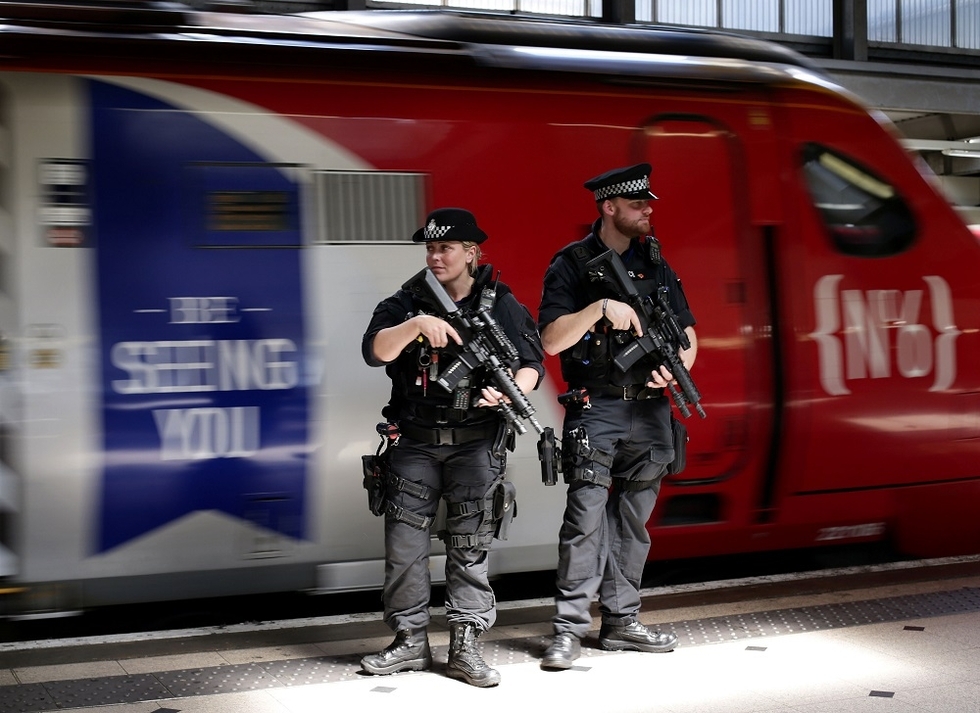
LONDON - Britain's terrorism law watchdog on Thursday said cracking down on "extremist" online material could interfere with basic freedoms and force radicals further into the "dark web" to leave the UK facing greater, untraceable dangers.
In his first annual report as Independent Reviewer of Terrorism Legislation, Max Hill said Britain must recognise that policing the internet and controlling social media comes at a "very high price" and that while all efforts should be made to close down criminals' ability to communicate, draconian steps could be counter-productive for national security.
Hill's report references attacks on British soil in 2017, including three in London and the Manchester Arena bombing. He states "some of those who committed terrorist murders on our streets may have reached their murderous state having been influenced by what they read and what they see online, just as much as by whom they meet".
We must recognise that policing the internet... comes at a very high price if it interferes with the freedom of communication which every citizen enjoys
"Where these awful crimes are facilitated by the use of social media, we want to close down the criminals' ability to communicate.
"And yet, we must recognise that policing the internet, and controlling social media comes at a very high price if it interferes with the freedom of communication which every citizen enjoys, and which is also enshrined in Article 10 of the European Convention on Human Rights.
"To go further, would we risk unenforceable infringements on ECHR rights, and/or would we push the current abundance of evidence proving terrorist activity online to go offline or underground, into impenetrable places within the dark web from which clear evidence rarely emerges?
"This is uncertain territory. Driving material, however offensive, from open availability into underground spaces online would be counter-productive, if would-be terrorists could still access it.
"And once this material goes underground, it is harder for law enforcement to detect and much harder for good people to argue against it, to show how wrong the radical propaganda really is.
"Can we legislate to rid ourselves of online terrorism? My answer is that parliament has already done so in meaningful ways."
Hill's report was released on Wednesday, hours after a speech at the Davos World Economic Forum where the British prime minister, Theresa May, said social networks must stop providing a platform for terrorist and extremist material.
She urged shareholders in firms including Twitter and Facebook to press the firms to take more responsibility for content on their platforms.
Britain's 'digital strip search'
Hill's report also called for the revision on controversial powers under Schedule 7 of the Terrorism Act 2000 that allows for travellers passing through British border posts to be held for nine hours, and have their digital devices searched without suspicion of a crime being committed.
While he said that the number of Schedule 7 searches had fallen over the last year - 23,719 in the year to June 2016 compared to 17,501 in the same period to June 2017 - he had noted that there was considerable concern that the powers were being used in a discriminating manner, and measures had to be taken to prevent their abuse.
"I recommend the adoption of a universal threshold, namely 'reasonable grounds to support' the exercise of Schedule 7 powers by the application of the criteria within the Code of Practice.
"Adoption of such a test would be a step in the right direction, demonstrating the absence of either ethnicity alone or the exercise of powers in a random fashion."
Rights campaigners have complained that Schedule 7 discriminates against Muslims. Campaigners have likened the powers to a "digital strip search" without proper cause.
Muhammed Rabbani, the international director of the CAGE campaign group, was in September fined for obstructing police and conditionally discharged after he refused to reveal the passwords for his digital devices in a Schedule 7 stop, arguing the powers ran counter to privacy laws.
Hill also recommended that the criteria for the assessment of the "national threat level for international terrorism", should also take into account the threat of "domestic extremism", which is currently assessed separately.
The first threat assessment is conducted by the Joint Terrorism Analysis Centre, while domestic extremism is assessed by the Counter Terrorism and Policing National Operations Centre.
"For the sake of balance, and because of the prevalence of the threat, I recommend that JTAC in future should also consider activity including domestic extremism," he said.
He noted that "during 2016, the overall threat picture for the UK remained at "severe". Daesh (Islamic State) continued to represent the most significant terrorist threat, but the UK faced a continuing threat of violence and terrorism from extremism, including the extreme right wing and far right.
"This was evidenced by the proscription of the extreme right wing group National Action in December 2016 and the terrorism-related murder of Jo Cox MP in June 2016."
New MEE newsletter: Jerusalem Dispatch
Sign up to get the latest insights and analysis on Israel-Palestine, alongside Turkey Unpacked and other MEE newsletters
Middle East Eye delivers independent and unrivalled coverage and analysis of the Middle East, North Africa and beyond. To learn more about republishing this content and the associated fees, please fill out this form. More about MEE can be found here.


